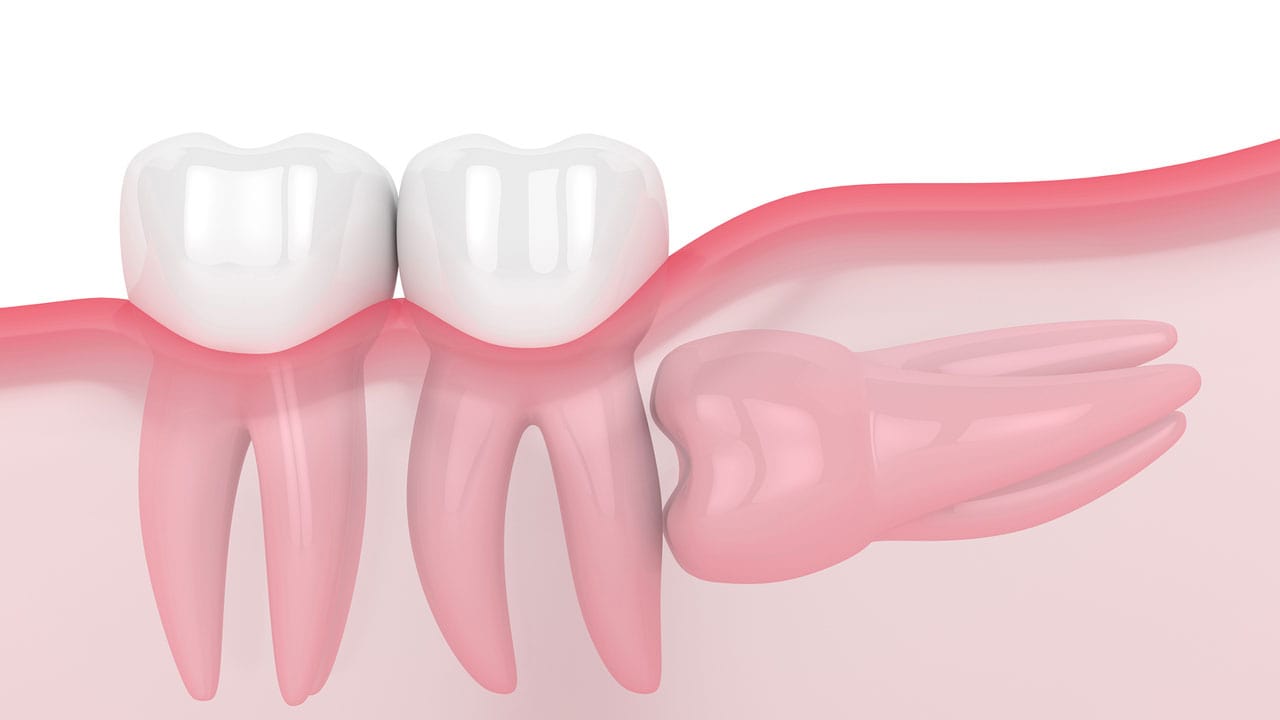
Wisdom teeth can be pesky. Dentists get a lot of questions about them from concerned patients. Do I need to have them removed? Does it hurt? What will happen if I don’t have them extracted? Your mouth undergoes quite a few changes with time, as does every other part of your body. Between 17 and 20, our third molars appear. This is a key dental milestone. They are called “wisdom” because it’s believed we are more mature at that age.
Healthy molars can help you chew as long as they come through properly. You should see your dentist in Plainfield Il or the nearest dental expert if you have pain. Some sensitivity is normal.
When Do Wisdom Teeth Become a Problem?
If they don’t have enough room to grow, wisdom teeth can lead to problems. Another issue may arise if they appear in the wrong position. Sometimes, they get trapped under your gums or in your jaw. Your dentist looks at the following as your wisdom teeth grow:
- They’re in the wrong position and trap food and debris. That gives bacteria room to thrive and cause cavities.
- They haven’t come in correctly, making it hard to floss.
- They have partially come through, allowing bacteria to enter and infect the oral cavity. This might be the case if you experience swelling, stiffness, or pain.
- Wisdom teeth can damage or crowd other teeth if they don’t have room to grow properly.
- A wisdom tooth can form a cyst if something impacts it. This could destroy the supporting bone or damage the roots of nearby teeth.
When Do I Need My Wisdom Teeth Pulled?
While this can vary by patient, the following signs usually indicate you’ll need them extracted:
- Infection
- Pain
- Cysts
- Tumors
- Gum disease
- Damage to neighboring teeth
- Tooth decay (if restoring the tooth is not desirable or possible)
Your dentist might suggest wisdom tooth extraction as part of treatment for dental care like braces. They should take an X-ray before making any decisions.
Common Reasons to Extract a Wisdom Tooth
The main reason most dentists extract wisdom teeth is overcrowding. Simply put, there isn’t enough room for these teeth in the mouth. This may also lead to crooked teeth or impacted teeth. Having an impacted wisdom tooth means that it is trapped in your bone under the gum line. This can increase the risk of disease. Moreover, it is quite painful.
Lateral Growth
Wisdom teeth tend to grow laterally, meaning from the side. They come through the gums horizontally, not vertically. If this happens, they can inflict damage on healthy teeth nearby. This can affect your bite, causing bigger, more painful, and more serious problems.
The Risks Bacteria Pose
Wisdom teeth rarely develop perfectly, but it does happen. Yet, you might have problems even then. People find it hard to take proper care of their wisdom teeth. This is because they are located far back in the mouth. You face a high risk of gum disease if you don’t maintain proper oral hygiene.
What If I Want to Keep My Wisdom Teeth?
You don’t have to have your wisdom teeth extracted 100% of the time. Your dentist will continue to monitor them no matter what you decide. With age, people face a greater risk of health complications, which includes potential wisdom tooth issues. Always floss around these teeth and go for checkups on a regular basis. This will make it possible for your dentist to evaluate your overall dental health. To learn more about our emergency and restorative dentistry services, call our office today!